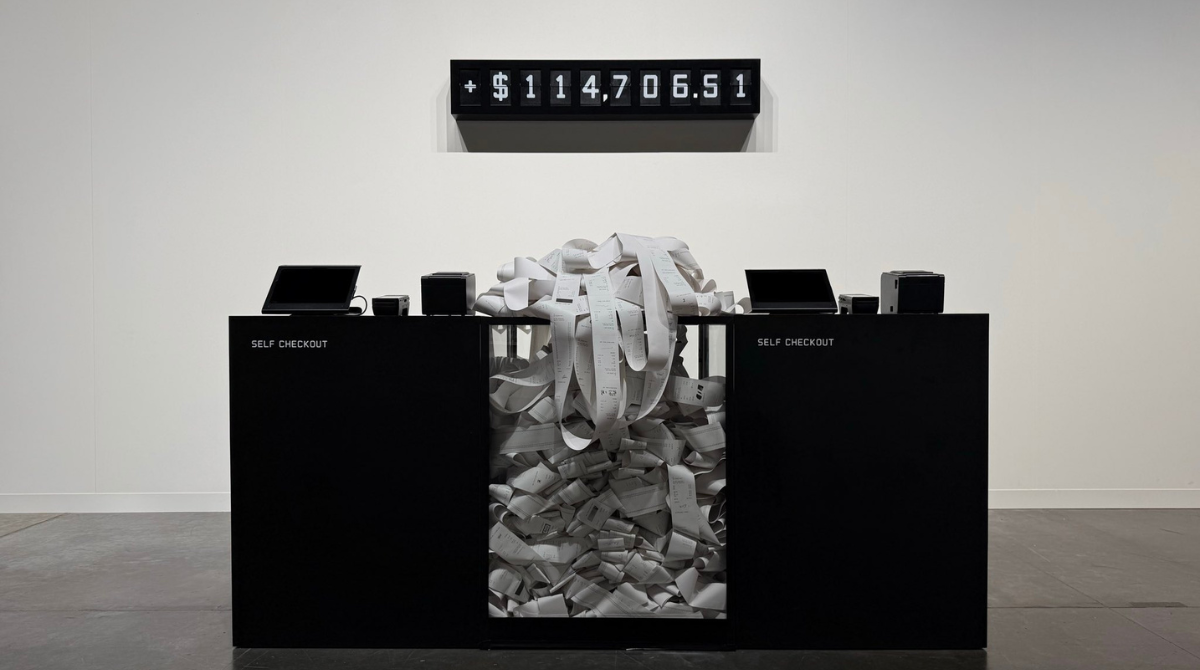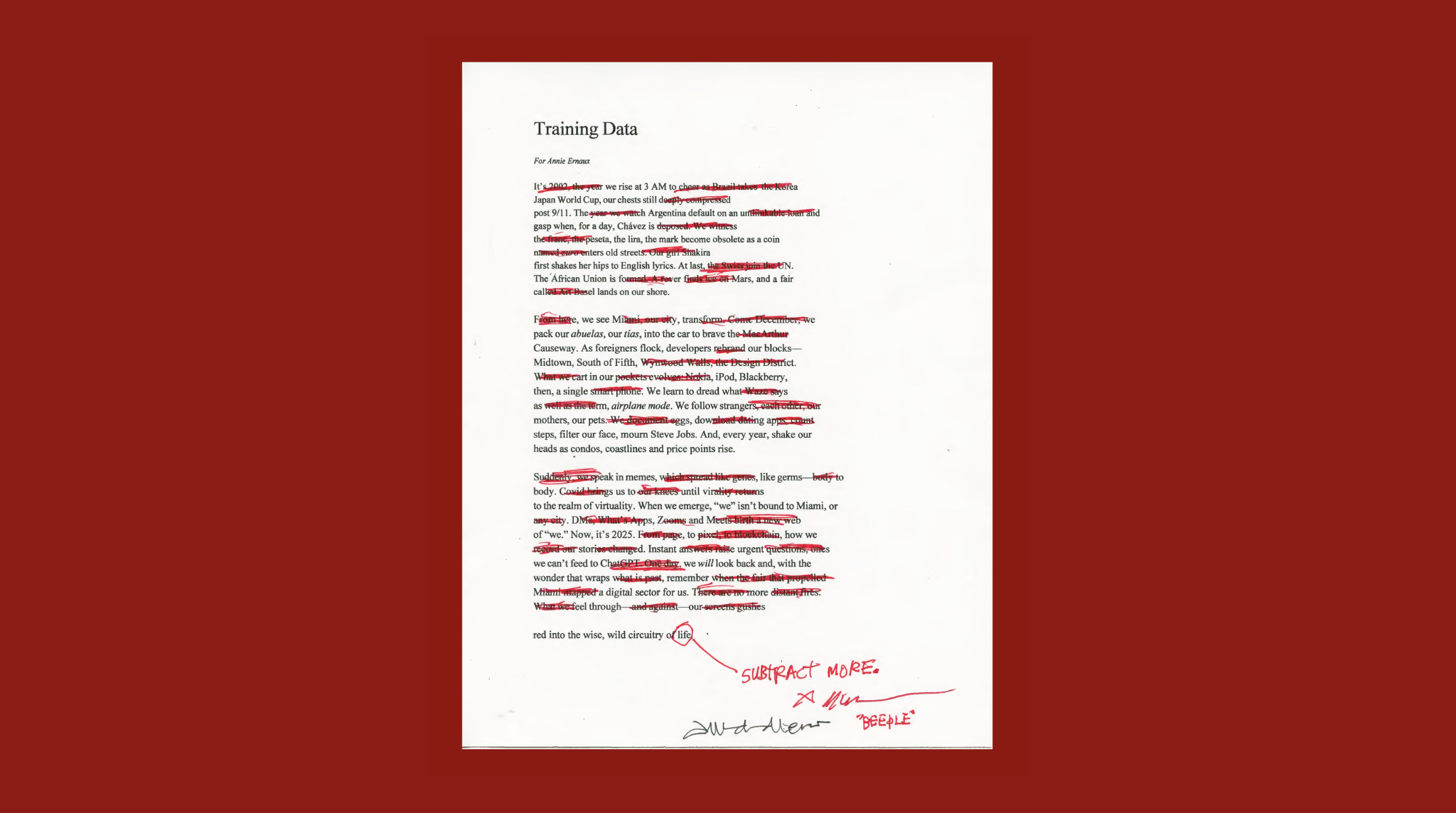OpenSea recently received a Wells notice from the U.S. Securities and Exchange Commission (SEC). This notice indicates that the SEC is considering bringing a lawsuit against OpenSea.
For those who haven’t been closely following recent SEC moves, your reaction may be one of surprise: what do NFTs—collectibles, digital art, game items, and event tickets, among other uses—possibly have to do with securities law?
But for those who have been following the political and regulatory landscape around crypto more closely, the reaction is more one of weariness and disappointment. Cryptocurrencies have long been in the crosshairs of the SEC. But, by targeting NFTs, the SEC is diving into new, uncharted waters, with potentially harmful consequences for consumers, creators, and entrepreneurs alike.
We’re confident that OpenSea operates legally and that our users aren’t trading securities when they buy or sell NFTs using our platform. Our users engage with NFTs for many reasons, like purchasing a gaming item or avatar to use in a game, supporting a beloved artist, or boasting allegiance to their chosen sports team.
Classifying NFTs as securities would not only misinterpret the law, but it would also jeopardize artists’ livelihoods, disempower collectors and gamers, and stifle innovation across the many promising use cases for NFTs.
Unfortunately, we’re already witnessing the SEC’s regulation-by-enforcement-only approach discourage artistic expression. Take, for example, the lawsuit filed against the SEC by musician Jonathan Mann and conceptual artist Brian L. Frye. Their fear—that sales of their art and music could be deemed unregistered securities offerings—is a clear signal of the chilling effect that misguided agency action can have on creative expression and innovation. Here’s an excerpt from their complaint:
"The SEC’s approach threatens the livelihoods of artists and creators that are simply experimenting with a novel, fast-growing technology or have chosen it as their preferred medium. Artists nationwide are suddenly confronted with the specter of the SEC attacking their distribution of visual or musical art as an unregistered securities offering. Artists—both established artists and young upstarts—are suddenly faced with a bizarre question: do they need to hire a securities lawyer just to sell their art? It is difficult to imagine a 21st Century Buddy Guy, who famously left Louisiana ‘looking for a dime,’ spending that dime—and thousands of dollars more—on securities lawyers to advise him of the securities laws risks of selling his music to the general public. And it is even harder to imagine the absolute impoverishment of American art and music if we constructed barriers to the next generation of artists, many of whom are growing up working natively in digital realms. . . ."
This is a slippery slope: if NFTs like those displayed on OpenSea are classified as securities, where does it stop? What’s to prevent non-NFT collectibles, like, say, physical or digital baseball cards, from being lumped in as well? Or physical or digital fine art? As Mann and Frye’s complaint points out:
"NFTs are often compared to physical art and collectibles, such as baseball cards, Pokémon cards, sneakers, or watches. Thus, as has been explicitly recognized by one Commissioner, the SEC’s broad interpretation of the Howey test threatens to not only sweep into its jurisdiction all digital art represented by NFTs regardless of the context in which they are offered and sold; it would also sweep into its scope all art and collectibles. Read broadly enough, all art and collectibles involve a person investing money in a common enterprise, with an expectation of profit if the artist becomes more famous or the value of the art increases on the resale market." (Footnotes omitted)
The potential repercussions on creative expression are further highlighted in a dissent by two sitting SEC commissioners in the Stoner Cats settlement:
"Were we to apply the securities laws to physical collectibles in the same way we apply them to NFTs, artists’ creativity would wither in the shadow of legal ambiguity. . . . Whether an artist is selling numbered versions of physical prints for fans to display on their walls or NFTs for fans to display on social media, she deserves clear guidance about whether and how the securities laws apply. Artists of all kinds have long struggled to support themselves, and NFTs offer a potentially viable way for them to monetize their talents. The fact that money is involved does not transform NFTs into securities. . . .
While updated for the digital age, the Stoner Cats NFTs are not that different from Star Wars collectibles sold in the 1970s. On the heels of the very successful release of Star Wars in 1977, fan excitement was high. To the delight of millions of children that holiday season, the toy company Kenner sold “Early Bird Certificate Packages,” redeemable for future Luke Skywalker, Princess Leia, and R2-D2 action figures and membership in the Star Wars fan club. The sales of these certificates helped to build a die-hard community of Star Wars fans. Would those I.O.U. certificates, which could be re-sold, constitute investment contracts? Using the analysis of today’s enforcement action, the SEC should have parachuted in to save those kids from Star Wars mania." (Footnotes omitted)
To help ensure creators can continue innovating without fear, OpenSea is pledging $5M to cover legal fees for NFT artists and developers that receive a Wells notice.
We hope that the SEC will reconsider its stance and approach this issue with the open-mindedness it deserves. Until then, OpenSea remains committed to standing up for our vision of a better internet—one that empowers individuals and fosters creativity, rather than stifling it with unnecessary regulatory burdens.





.avif)
.png)
.png)
.png)
.png)
.png)
.png)

